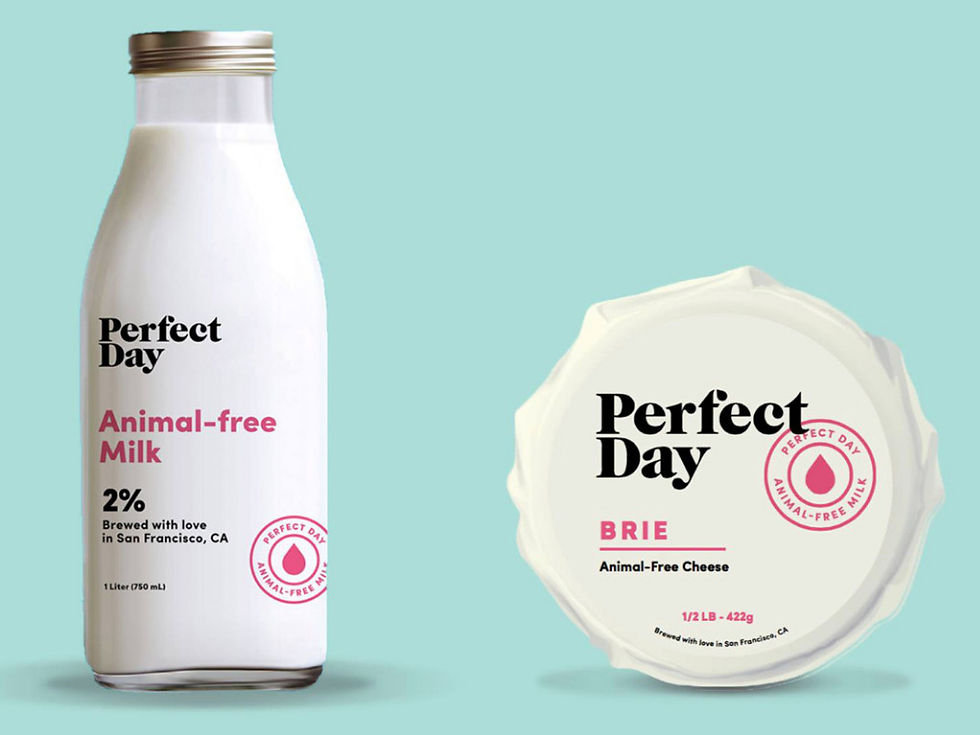Synthetic biology and sustainability supported by AI

Artificial intelligence (AI) has been a major breakthrough in virtually every single field. Some may think of it as the beginning of the next industrial revolution, while others may have a more negative perception of it ruining work efficiency. However, without a doubt AI has allowed for many advancements that we could've only dreamed of previously, and one of those advancements is in saving our Mother Earth.
When used in conjunction with biology, generative AI can reduce the industrial processes of material production and can also minimize the environmental cost of human consumption. Generative AI can do this thanks to the field of synthetic biology, which aims to reprogram biological systems to meet human demands such as producing valuable chemical compounds, making fluorescent bacteria, or even program a cancer-eating bacteria.
Most notably, synthetic biology has been a large player in solving world hunger through lab-grown food products. For example, the company Perfect Day produces bio-based milk using precision fermentation, which involves producing dairy proteins by genetically modified yeast or other microorganisms. This way of producing milk produces up to 97% less carbon emissions and 99% less blue water than traditional milk production. According to the company, if only 5% of milk consumed in Europe was animal-free, it would save the equivalent of 660,000 tours of the world in petrol.

Another application is the production of valuable chemicals. For example, the company Solugen mixes corn syrup with genetically engineered enzymes, to create substitutes for common chemicals normally made using phosphates and oil.
In terms of solving materials, synthetic biology can also be used for the production and recycling of materials. One example of this application is the development of low-carbon concrete, including one that absorbs CO2 by integrating an enzyme found in blood into the matrix of the concrete. Similarly, scientists have also developed enzymes that can break down plastic, which helps lessen its burden on the environment.
Now, you might think, these are all applications of synthetic biology, not AI. Well, yes, but AI can most definitely lend a helping hand here. Synthetic biology at its core involves predicting biological systems, and manipulating them in a way that benefits us. However, due to the complexity of biology, this involves a lot of trial and error, and time. AI can provide the predictive power that synthetic biologists desperately need. Large language models can be trained on DNA sequences and experimental results on known proteins, which means we can predict the most appropriate DNA sequences for a protein that exhibits desired characteristics. Machine learning can be used to predict which promoter sequence (a DNA sequence that increases the transcription of a gene) can produce maximum productivity, to predict the composition of the ideal growth conditions, predict the sequences of desired proteins, and many more.
All in all, the field of synthetic biology has been providing the world with many wonderful solutions but at a slow pace. This is where AI can support this field by accelerating the process and making solutions more quickly available to the general public. No matter what your stance on AI is, there is no doubting its capabilities to push human boundaries, and I believe that it is going to be the future, and sooner or later, we will have to embrace it.
Article prepared by: Jared Ong Kang Jie, MBIOS R&D Director 23/24
If you enjoyed this article, do sign up to become a part of our MBIOS family and receive our monthly newsletter along with many more resources in the link below.
References
Adapted from:

Yorumlar